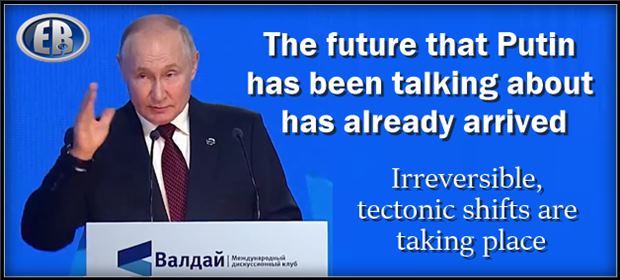
ER Editor: We offer some bits and pieces below illustrating the main ideas of Putin’s speech at the Valdai Discussion Club, which ran from October 2-5.
See this RT piece titled
Ukraine’s losses, sanctions, and Russia’s nuclear arsenal: Key takeaways from Putin’s Valdai speech
See the full transcript of Putin’s speech at the Valdai Discussion Club 2023 via Sputnik, which we highly recommend —
Vladimir Putin’s Full Speech at Valdai Discussion Club 2023
Everyone realises that in an international system where arbitrariness reigns, where all decision-making is up to those who think they are exceptional, sinless and right, any country can be attacked simply because it is disliked by a hegemon, who has lost any sense of proportion – and I would add, any sense of reality.
Unfortunately, we have to admit that our counterparties in the West have lost their sense of reality and have crossed every line. They really should not have done this. …
Clearly, commitment to bloc-based approaches and the push to drive the world into a situation of ongoing “us versus them” confrontation is a bad legacy of the 20th century. It is a product of Western political culture, at least of its most aggressive manifestations. To reiterate, the West – at least a certain part of the West, the elite – always need an enemy. They need an enemy to justify the need for military action and expansion. But they also need an enemy to maintain internal control within a certain system of this very hegemon and within blocs like NATO or other military-political blocs. There must be an enemy so everyone can rally around the “leader.”
********
The main points from Vladimir Putin’s speech at the plenary meeting of the Valdai International Discussion Club:
🔹️ The global financial system does not meet the interests of most countries;
🔹️ The global financial system created on the basis of the dollar is gradually… pic.twitter.com/2fv9tJoQav
— Sprinter (@Sprinter99800) October 5, 2023
The main points from Vladimir Putin’s speech at the plenary meeting of the Valdai International Discussion Club:
- The global financial system does not meet the interests of most countries;
- The global financial system created on the basis of the dollar is gradually collapsing;
- Russia has significantly reduced external debts, all Russian companies are servicing their obligations;
- Russia sees a problem with the weakening of the ruble, the Central Bank and the government are taking measures;
- BRICS now does not need to create a single currency, we need a single settlement mechanism and settlements in national currencies;
- The Russian Federation will begin supplies of Russian gas to Kazakhstan and Uzbekistan this month;
- Russia will initially supply 3 billion cubic meters each to Kazakhstan and Uzbekistan. m of gas, then these volumes can be increased;
- Putin denied Chisinau’s statements that Moldova no longer buys Russian gas;
- The Russian Federation will continue to strengthen its defense capability, it sees what it lacks during military operations;
- Russia in some areas has significantly increased the production of equipment and weapons for special operations;
- Over the year, about 350 thousand people signed contracts with the Russian Armed Forces, this stream of volunteers expresses the support and trust of the people;
- Russian troops feel confident on the contact line and are advancing in some directions;
- On October 4, the Russian Armed Forces advanced and improved their positions in 12 areas in the special operation zone;
- Putin did not agree with Simonyan that Pashinyan was allegedly brought to power by someone in order to “surrender Karabakh”;
- Putin called the allegations that Pashinyan allegedly purposefully gave up Karabakh unfair;
- The Bretton Woods system and the dominance of the dollar “need to be changed”, this is already happening, and the US authorities are “shooting themselves in the foot”;
- Strengthening a multipolar world is inevitable.
********
Putin’s Valdai Speech: Multipolar Future Has Arrived and Russia is Here to Stay
EKATERINA BLINOVA
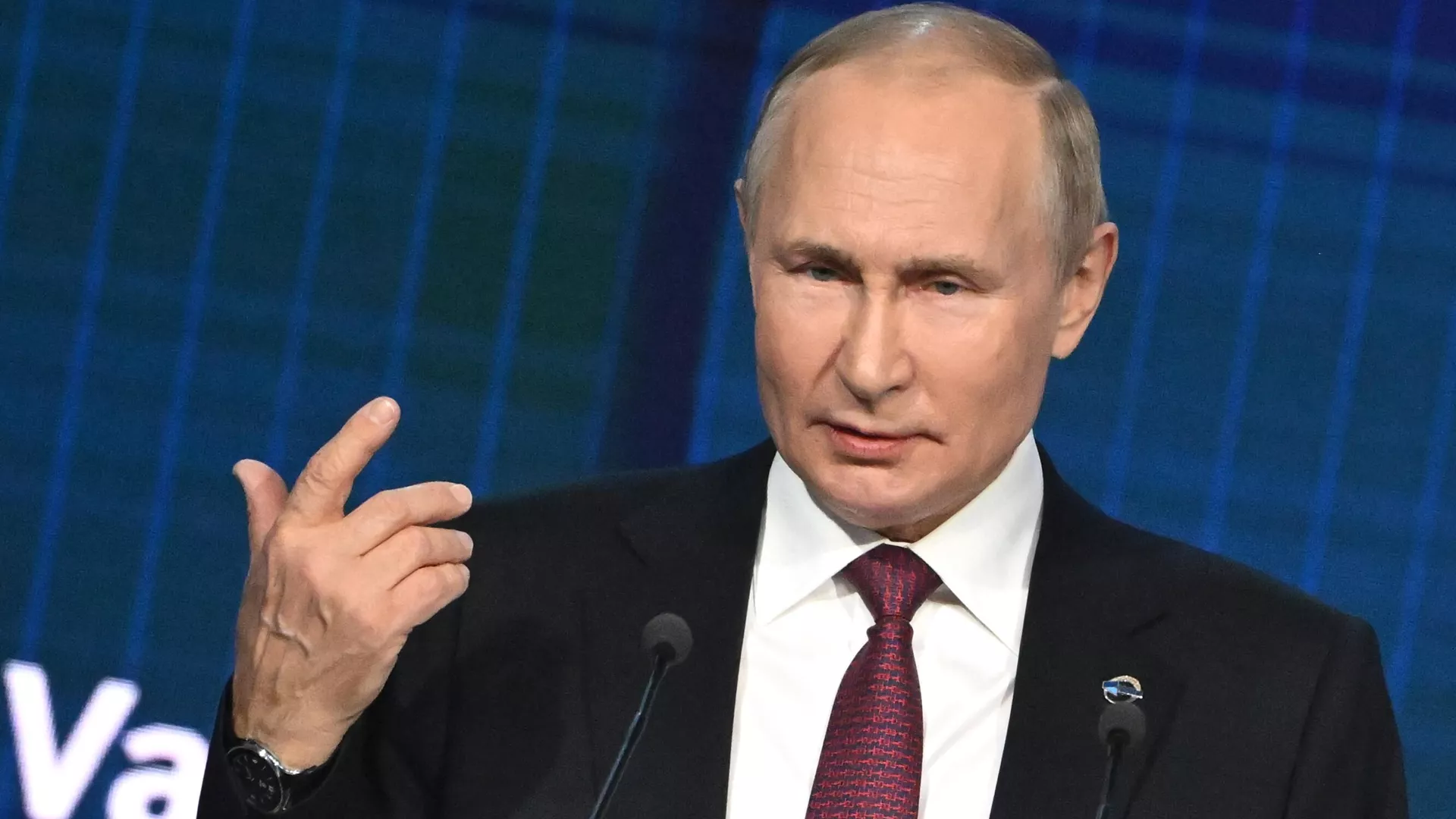
The multipolar world that Russian President Vladimir Putin has referred to over the past several years has finally taken shape, international observers told Sputnik.
“In many, many ways, the future that Mr. Putin is talking about has already arrived,” Siracusa told Sputnik. “What he’s kind of saying between the lines is it’s already here. Now we have to see it. The world has changed. And the reason he thinks that the Americans, particularly in Washington, make these terrible mistakes is because they do not see that the world has changed around them already. The world, the future is changing in front of them and they fail to see it. He thinks that might be the cause of the conflict.
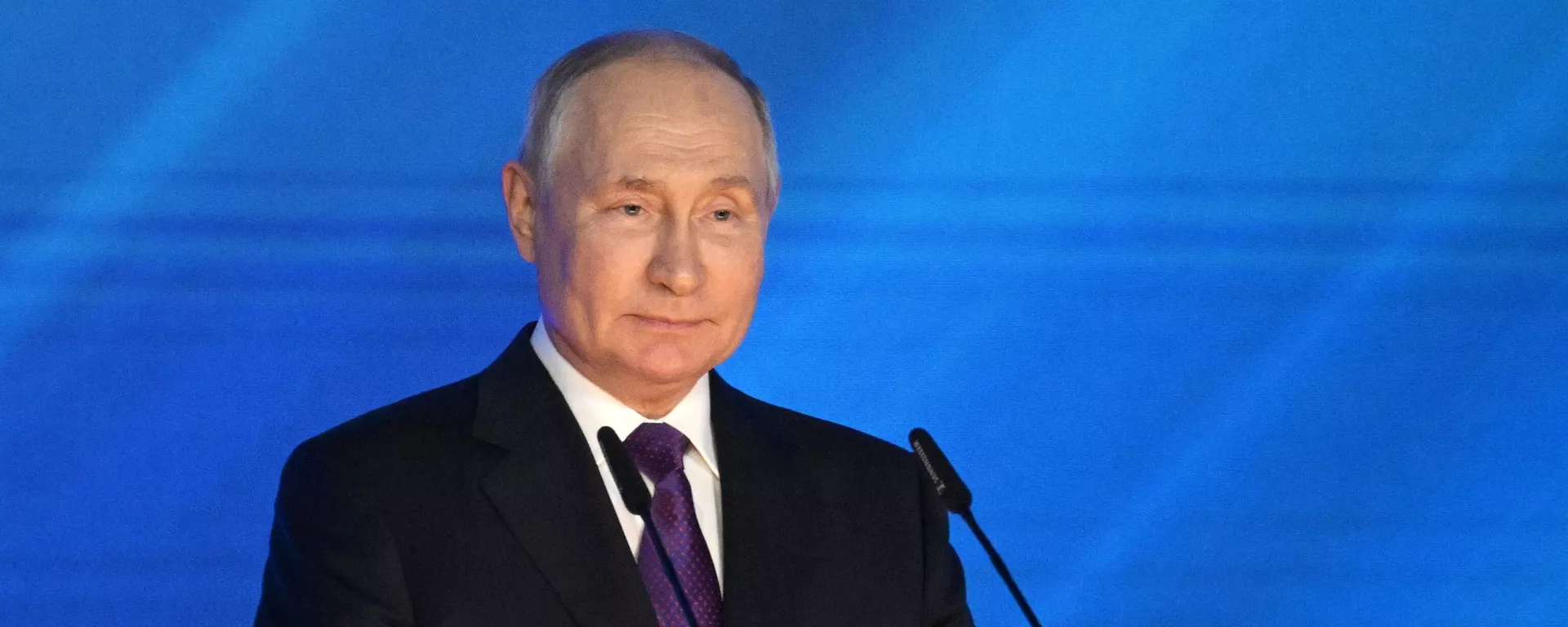
Putin Outlines Six Civilizational Principles
During his Valdai speech, Putin outlined six principles Russia wants to adhere to and offers other nations to join it.
“First, we want to live in an open, interconnected world, in which no one will ever try to erect artificial barriers to people’s communication, their creative realization, and prosperity. There must be a barrier-free environment,” Putin said.
World’s Corrupt Elites & Special Interests to Blame for Crisis
Putin does not blame the people of the West or their governments for the unfolding global crisis, but the corrupt elites, or particularly corrupt interests within these permanent elites, according to Siracusa.
“And so, he’s targeted the problem that a lot of the people have targeted, and that is the political elites, the foreign policy elites have targeted Russia, then, of course, China as part of their campaign to keep their people fearful and concentrated,” Siracusa said.
“He’s really telling these other publics to hold the elites accountable. And, of course, the elites that need a war of choice or necessity, forever war to keep going, etc., etc.. I mean, most of America’s great industries, Boeing, Northrop, Raytheon, etc., depend on a continuing war. With whom? Doesn’t make a difference. It’s got a kind of war-like production. That’s been the essence of American prosperity since the 1950s,” the scholar emphasized.
Russia Open to Dialogue Having Strong Negotiating Position
Moscow feels quite confident on the global stage despite last year’s gloomy prognoses in the Western mainstream press. Russia’s economy is up and running, the nation’s defense industry has expanded, and the goals of the special military operation will be accomplished, Putin stated in his speech.
“There is no situation in which, say, today something would threaten Russian statehood and the existence of the Russian state,” the president said.
Russia Showed Alternative Ways for Global Development
“Russia (and China) supported many decolonization processes and national liberation movements,” emphasized Raffone. “The new independent states have been re-colonized using the ‘rules-based order’ but today many are reacting. The large interest for the BRICS+ shows that today many countries and peoples are looking for concrete alternatives to the West dominated world.”
Source

••••
The Liberty Beacon Project is now expanding at a near exponential rate, and for this we are grateful and excited! But we must also be practical. For 7 years we have not asked for any donations, and have built this project with our own funds as we grew. We are now experiencing ever increasing growing pains due to the large number of websites and projects we represent. So we have just installed donation buttons on our websites and ask that you consider this when you visit them. Nothing is too small. We thank you for all your support and your considerations … (TLB)
••••
Comment Policy: As a privately owned web site, we reserve the right to remove comments that contain spam, advertising, vulgarity, threats of violence, racism, or personal/abusive attacks on other users. This also applies to trolling, the use of more than one alias, or just intentional mischief. Enforcement of this policy is at the discretion of this websites administrators. Repeat offenders may be blocked or permanently banned without prior warning.
••••
Disclaimer: TLB websites contain copyrighted material the use of which has not always been specifically authorized by the copyright owner. We are making such material available to our readers under the provisions of “fair use” in an effort to advance a better understanding of political, health, economic and social issues. The material on this site is distributed without profit to those who have expressed a prior interest in receiving it for research and educational purposes. If you wish to use copyrighted material for purposes other than “fair use” you must request permission from the copyright owner.
••••
Disclaimer: The information and opinions shared are for informational purposes only including, but not limited to, text, graphics, images and other material are not intended as medical advice or instruction. Nothing mentioned is intended to be a substitute for professional medical advice, diagnosis or treatment.


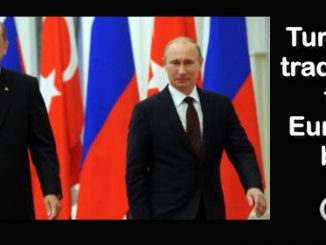
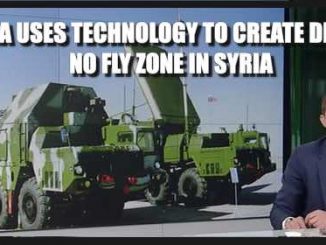

Leave a Reply